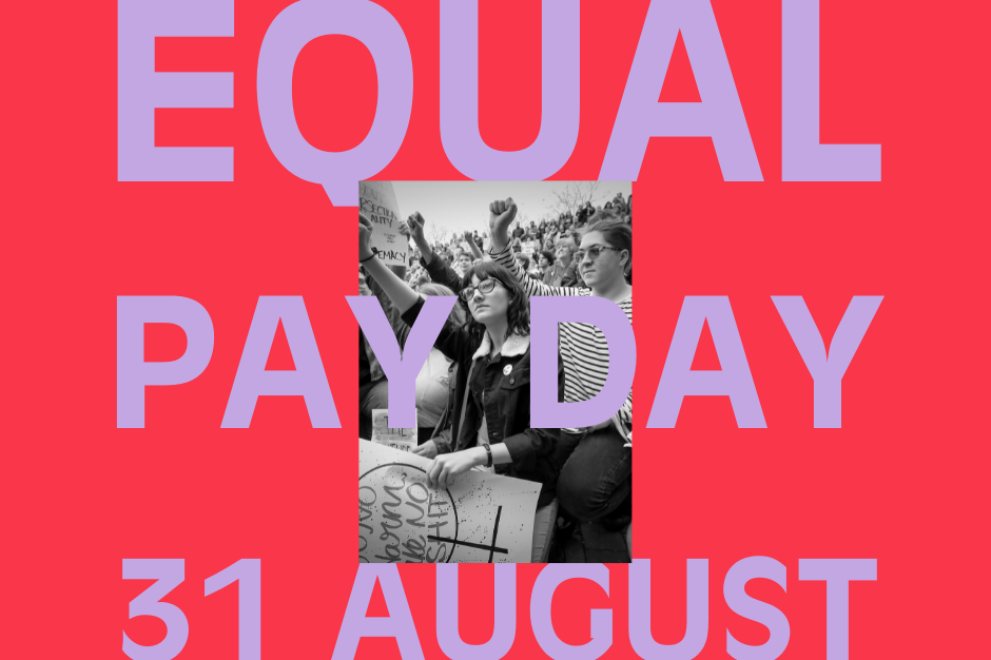What have we found?
As a charitable organisation that provides free legal advice, representation and advocacy to working women and vulnerable workers, we continue to witness and address gender economic inequality through our day-to-day work.
We have noticed that women are more likely to be employed in insecure work than men. The Australia Institute agrees with us. This is partly attributed to the higher rate of women working in part-time and casual jobs, especially in female-dominated sectors such as healthcare, social services, and the retail industry, which eventually led to lower pay and worse working conditions.
We have also noticed the connection between gender-based violence and insecure work. We know that gender inequality is at the core of violence against women, and the gender pay gap is the most obvious example of gender inequality.
Rampant wage theft, a form of deliberate underpayment, has also worsened the gender pay gap, and the pay gap between Australian citizens and temporary visa holders such as international students and migrant workers. Female migrant workers are particularly vulnerable. They face intersectional issues of gender discrimination, racism, language barriers and xenophobia. Together with unions and grassroots advocacy groups, the Working Women’s Centre is calling on the criminalisation of wage theft in South Australia. |


